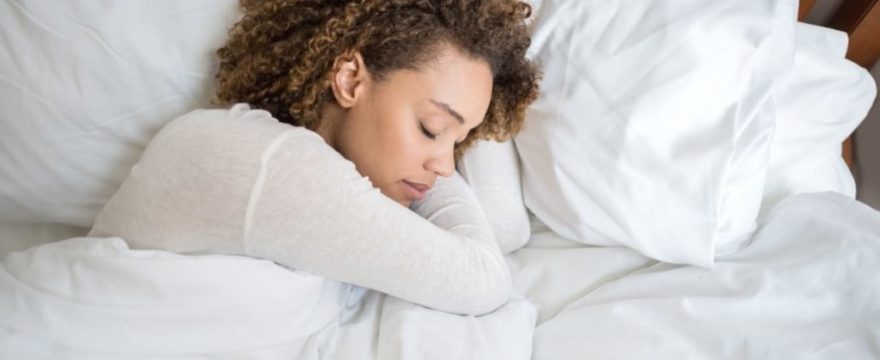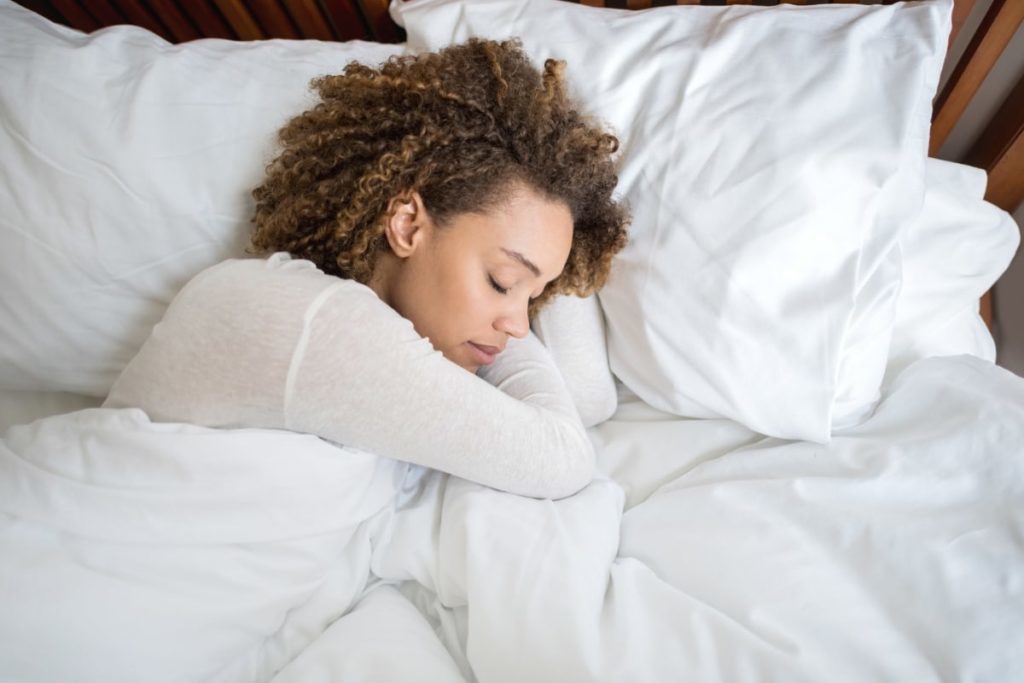In order to get a good nights sleep, you must have good sleep hygiene. Sleep hygiene is effected by many different sources. In order to live your best and highest quality of life, your sleep hygiene and sleeping habits should be good. There are many sleeping habits that can be followed in order to boost and maintain your sleep hygiene.
Sticking to a schedule for your sleep is very important. This means waking up at the same time and going to sleep at the same time every day of the week. This includes the weekends. Sticking to a sleep schedule will allow for your body clock to regulate and may help you fall asleep and maintain sleep throughout the entire night. Before going to sleep, you may find it helpful to have a relaxing bedtime routine or ritual. Engaging in a relaxing routine activity before bed can allow for a distinction between sleep activities and activities that may cause anxiety, stress, or excitement. Engaging in non-relaxing activities prior to bed can make it much more difficult to fall asleep and stay asleep throughout the night. If you find that you are having a difficult time falling asleep, you should avoid taking naps throughout the day or in the afternoon. Many individuals may nap then find it extremely difficult to fall asleep at night.
Engaging in regular exercise is great way to help you fall asleep at night. It is important to note that heavy and vigorous workouts are best, but light exercise is better than no workout at all. Further, an outdoor morning jog may help you wake up and become ready to tackle the day. It is important to expose yourself to sunlight in the morning and avoid bright light during the evening. This will allow for your circadian rhythm to stay balanced. In the afternoon and evenings caffeine, alcohol, and cigarettes should be avoided because they disrupt sleeping patterns. Spicy or large meals should also be avoided as they often cause indigestion and discomfort that inhibit sleep. If you are hungry before bed, try to eat a small snack at least 45 minutes prior to going to sleep.
The hour prior to falling asleep should be focused on calming down and allowing your body to begin to rest and enter sleep. Keep in mind that individuals often find it hard to fall asleep if they use an electronic device like a cell phone, laptop, or tablet prior to going to sleep. This is due to the type of light that is within the electronic devices screens. If you often have trouble falling asleep, you should avoid using electronic devices prior to going to bed or during the night when you wake up.

